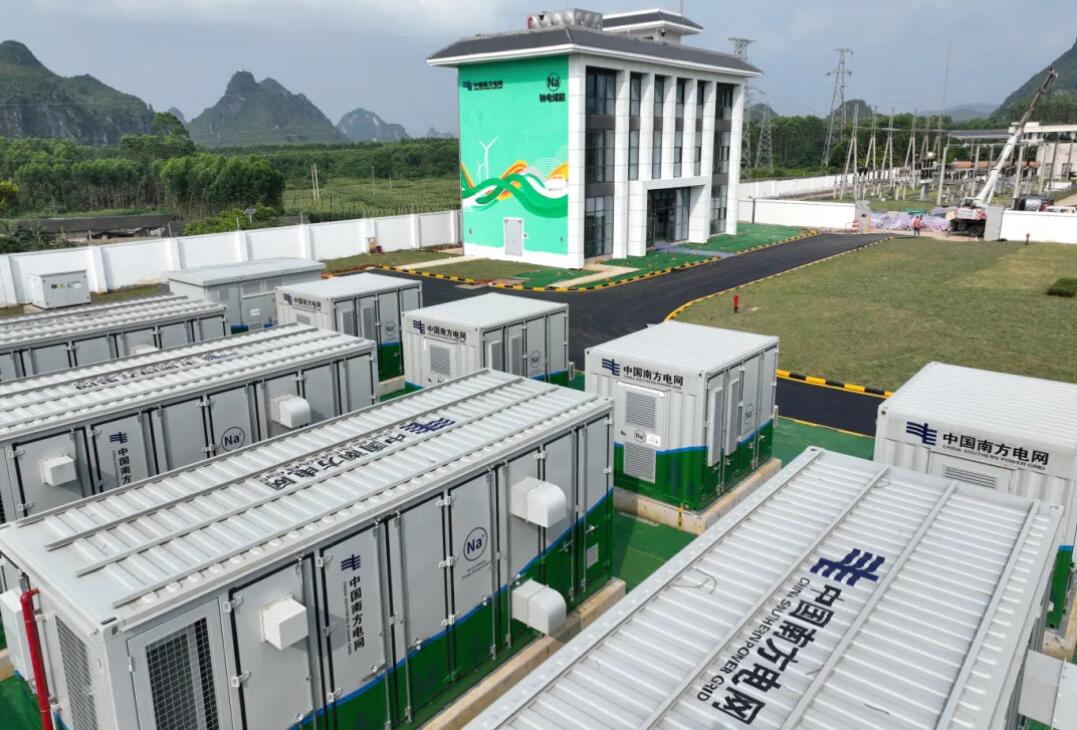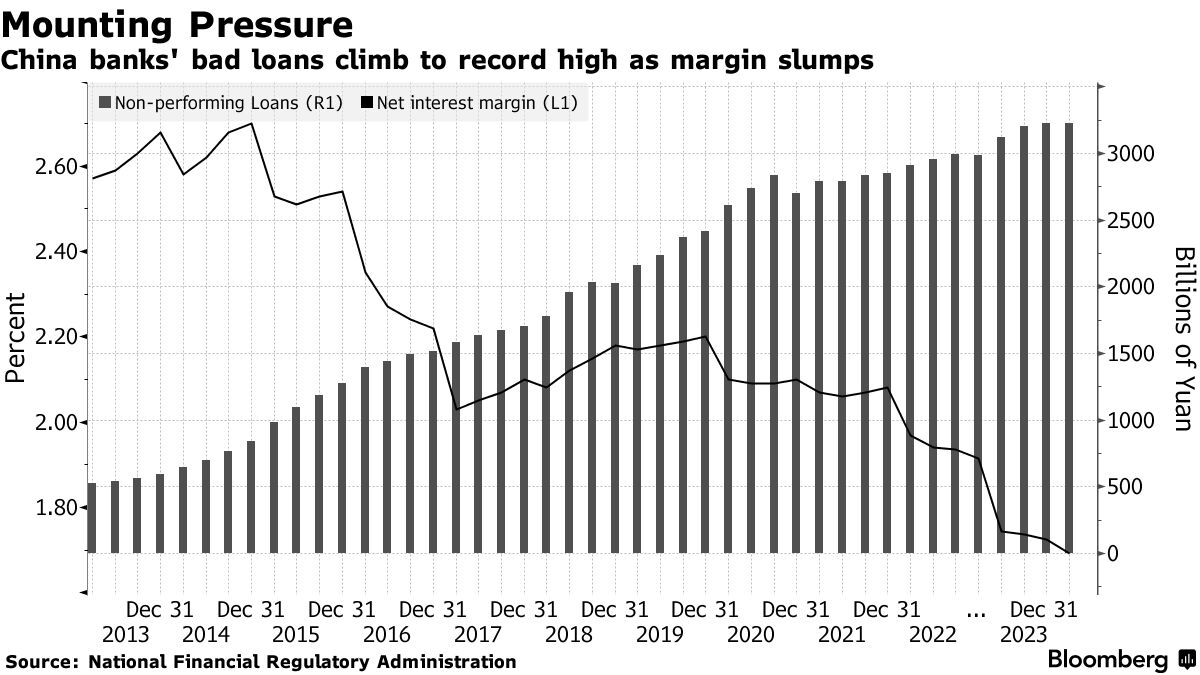Despite naysayers who continually miss forests for trees, energy technology is rapidly evolving globally and “S” curve adoption is proceeding apace.
With a shrinking population and rising unemployment, China sees the imperative of improving efficiency and lowering operating costs through technology. To this end, the country is leading the world in the production of electric vehicles, renewable energy installations, and storage.
China recently put the first large-scale sodium-ion battery storage station into operation, marking the beginning of the adoption of the new, lower-cost battery for large-scale use. See China’s 1st large-scale sodium battery energy storage station put into operation:
 Compared with lithium-ion batteries, raw material reserves of sodium-ion batteries are abundant, easy to extract, low cost, better performance at low temperatures, and have obvious advantages in large-scale energy storage, China Southern Power Grid Energy Storage said.
Compared with lithium-ion batteries, raw material reserves of sodium-ion batteries are abundant, easy to extract, low cost, better performance at low temperatures, and have obvious advantages in large-scale energy storage, China Southern Power Grid Energy Storage said.
When sodium-ion battery energy storage enters the stage of large-scale application, the cost can be reduced by 20 percent to 30 percent, and the cost per kWh of electricity can be reduced to RMB 0.2 ($0.0276), which is an important technical direction to promote the application of new energy storage, said Chen Man, a technical expert of China Southern Power Grid.
The 10-MWh sodium-ion battery energy storage station uses 210 Ah sodium-ion battery cells that can be charged to 90 percent in 12 minutes, according to the statement.
Battery recycling is another global preoccupation for efficiency and economic reasons. Components are too valuable to throw away so a new industry of recyclers is busy snatching them up. See Battery Recycling Shatters the Myth of Electric Vehicle Waste:
Traditional methods of ripping materials out of the ground and refining them for battery packs requires enormous amounts of energy. As a result, the initial carbon footprint of an EV is higher than a comparable internal combustion engine vehicle. Those upfront emissions are paid back over time with the superior efficiency of electric motors, leading to a 70% reduction in total emissions over the average life of the vehicle.
In the US, it takes about 25,500 miles (41,000 kilometers) of driving for an EV to break even, according to a BloombergNEF analysis. That payback figure, however, assumes that every EV is made with newly mined lithium, nickel and cobalt — as if all the materials will end up in a landfill at the end of a vehicle’s life.
Though still in its infancy, EV recycling is already profitable and capable of recovering more than 95% of the key minerals. A new analysis by Stanford University researchers, which is still under peer review, found that Redwood Materials’ recycling process produces up to 80% fewer emissions than the traditional supply chain using CO2 belching refineries. That’s enough to shorten an average EV’s environmental breakeven time with an internal combustion vehicle to less than 15,000 miles. Every mile thereafter is a carbon win against the internal combustion engine.



